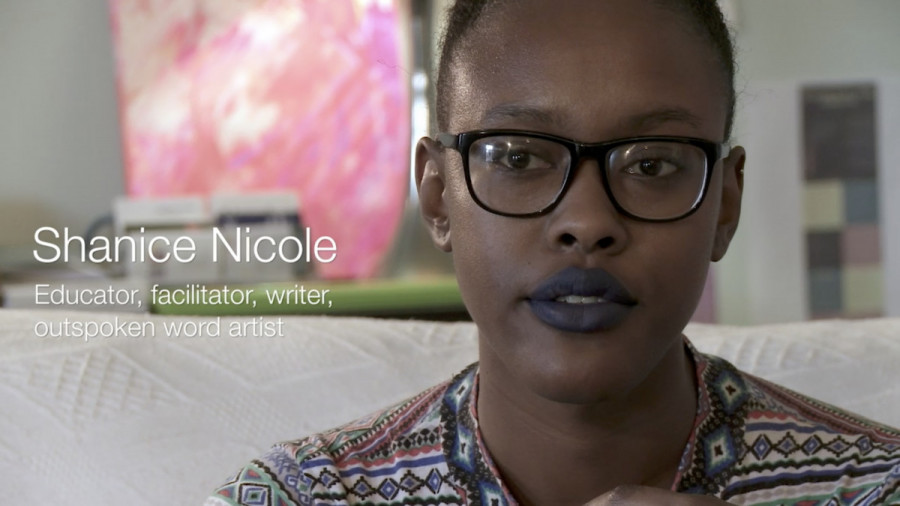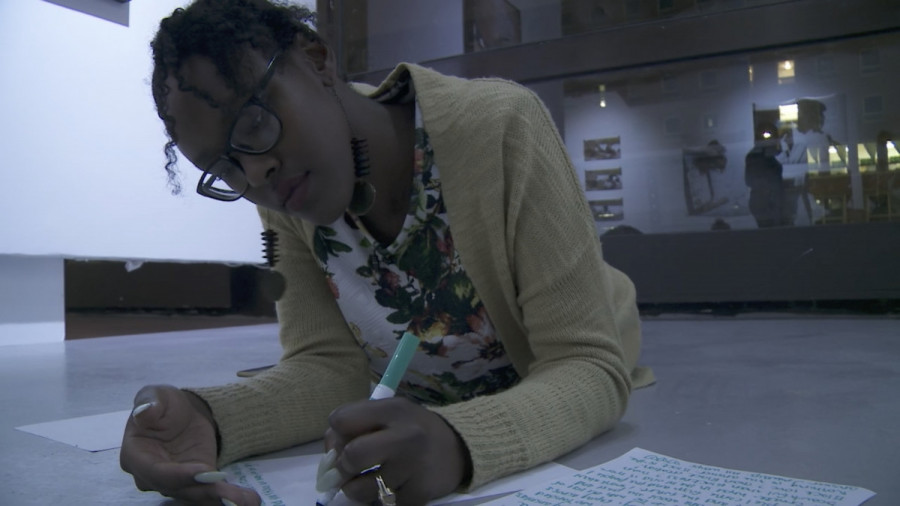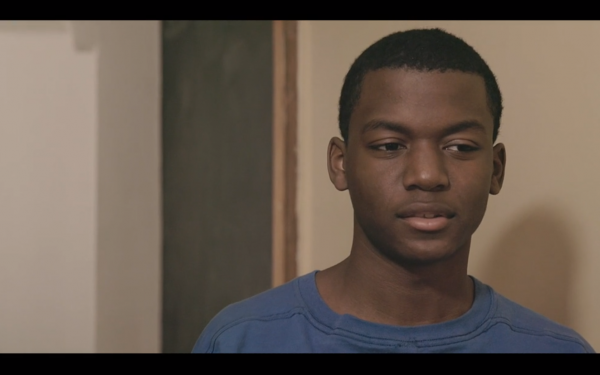Concordia Film Student Sara-Claudia Ligondé Screens First Short Documentary
‘Rest Is a Right’ Debuts At the Montreal International Black Film Festival
“There’s no room for Black women to be weak, for Black women to be tired, for Black women to be messy, for Black women to hurt,” said Shanice Nicole in Sara-Claudia Ligondé’s documentary Rest Is a Right.
Ligondé shot the modern feats of a young working Black woman in the city, from the point of view of the promising poet better known as Shanice Nicole in her artistic endeavours.
Rest Is a Right was presented at the Montreal International Black Film Festival, as part of the Being Black in Canada project on Sept. 25.
The documentary aims to disrupt the common trope of the strong Black woman narrative.
As a young filmmaker, Ligondé wanted Shanice Nicole to tell her own story.
“When she asked, I just assumed I would be one of many people in the video,” she said. “It was a little bit into our meeting that I realized that this documentary was going to be about me.”

Shanice Nicole, who works at McGill University as an equity education advisor, specializing in anti-oppression and anti-racism education, is also a feminist poet who explores themes of race, health, and sexuality.
“I admire [Shanice Nicole’s] vulnerability in the face of everything,” said Ligondé. “She has so many facets. How is she resting? How is she taking time for herself?”
Ligondé said during the filming process, the scenes naturally unfolded for both herself and Shanice Nicole.
While the filmmaker already had a vision for the documentary, she encouraged the poet to speak, and show how she finds time to rest. Shanice Nicole’s narration carries on through scenes of her working, preparing a meal, watching television.
In the documentary, Shanice Nicole questioned whether she is giving from a cup that is full rather than a cup that is empty, “maybe a cup that doesn’t exist anymore,” she said.
Shanice Nicole believes in the importance of pausing: physically pausing, stopping, and slowing down the body.
“I admire [Shanice Nicole’s] vulnerability in the face of everything.” — Sara-Claudia Ligondé
“The human body will shut down if it doesn’t get enough rest,” said Shanice Nicole in the documentary. She noted that vulnerability in moments of rest shows a “capacity for humanity.”
“What does it mean to also live in a world where Black women are not given permission to [rest] even though it’s a human requirement,” said Shanice Nicole in the film. “It clearly shows the way in which Black women are not seen as human.”
Ligondé mentioned that she just wants to act and be herself in a world that expects more from her as a Black woman by “putting double the work in just to get maybe half.”
While Ligondé discourages the capitalistic penchant of self-care, she thinks rest can be anything from grabbing a cup of coffee to even procrastinating a school assignment, staying in bed and using her tablet.
“[There are] challenges of resting in a world where, in general, rest is not prioritized, and even less so for people who are pushed to the margins,” said Shanice Nicole. “I’m quite far away from those margins, but I’m still tired so I could only really imagine what that feeling of exhaustion is like for people at the edge.”




